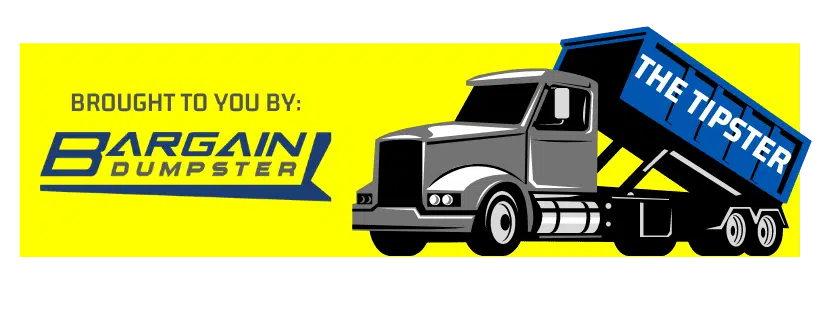The current scenario of waste management in the US is alarming. Waste management is one of the major concerns for both the federal and local governments. But with the help of the Environmental Protection Agency, the United States has improved and has been able to make communities cleaner, greener and more sustainable.
The Environmental Protection Agency has helped the country in reducing the amount of waste created each day.
EPA creation
In 1970, the United States Environmental Protection Agency was formed as a federal government agency to ensure that the environment in the US is safe for humans, animals and plants. It is a department of the United States federal government that works to reduce the risk of pollution by enforcing laws that limit the production of harmful chemicals and protect both human health and ecosystems.
How The EPA Is Making Waste Management Easier
Many people think of waste management as a dirty business. But in reality, many of the products we use every day are safer, cleaner and more efficient because of the research and development that goes into waste management and recycling.
If we stopped tackling waste, we’d be drowning in it. And that’s why the EPA is working to protect the environment and human health by making the waste management process easier, cheaper and safer.
They are making it easier for the private sector to do their part in the waste management process by providing them with the tools, strategies and data they need to help businesses, communities and individuals make smart choices when it comes to waste disposal.
There are four main strategies that the EPA has been focusing on to improve waste management.
First the EPA is working to increase the amount of waste that is recycled through recycling grants and education programs. Second, the agency is working to ensure that the environmental impacts of landfills are reduced through programs like the Landfill Methane Outreach Program.
Third the EPA is working to improve the management of hazardous waste through the Resource Conservation and Recovery Act (RCRA). Finally, the agency is also working to ensure that the management of household waste is improved by providing assistance to local governments.
The Environmental Protection Agency (EPA) launched its Cleaner Production Programme in 2000. Its objectives were to help the waste management industry improve their Environmental, Health and Safety (EHS) performance, reduce their production costs and improve their competitiveness. In addition, the program also aimed to reduce the amount of waste going to landfills and increase recycling in the industrial sector.
In 2014, the EPA announced the goal of making significant progress on municipal waste and recycling by 2020. This new goal was based on a review of progress since the first goal was established in 1999.
Municipal Solid Waste Goal
The EPA established the first Municipal Solid Waste Goal in 1994. The goal was to reduce the amount of waste sent to landfills and increase the amount of waste recycled. The original goal set a target of 50 percent waste reduction.
In 1999, the goal was updated to reduce the amount of waste sent to landfills to 35 percent and increase the amount of waste recycled to 65 percent by the year 2010. In 2010, the EPA reviewed progress and found that the nation had already surpassed the 2010 goal.
In 2014, the EPA announced the goal of making significant progress on municipal waste and recycling by 2020. This new goal was based on a review of our progress since the first goal was established in 1999.
Junk in the USA
In the United States, we generate a lot of trash. Recycling and landfilling are two common ways of dealing with this waste, but both have their own set of problems.
Landfills are responsible for the release of methane, a greenhouse gas that traps more heat than carbon dioxide and contributes to global climate.
Meanwhile, recycling can actually generate more waste and pollution than if you just used recycled materials in the first place. That’s why the Environmental Protection Agency (EPA) is looking for ways to improve waste management.
The EPA released the 2018 Municipal Solid Waste (MSW) in the United States report, which explains what the agency has been doing to reduce waste and improve waste management.
The agency has been working to reduce the amount of waste that is landfilled by educating the public, increasing recycling, and supporting the development of new waste management technologies. With these efforts, the EPA has been able to divert more waste from landfills, improve recycling, and keep pollutants from entering the environment.
The Environmental Protection Agency (EPA) is trying to improve waste management practices by encouraging more people to use dumpster rentals. The EPA’s latest waste management initiative is to improve recycling and waste diversion. The agency is encouraging businesses and residents to dispose of their waste using a dumpster to prevent waste from ending up in landfills.
The EPA is taking many steps to improve waste management and believe they are on track to make a difference. They are working on reducing the amount of waste that is disposed of in landfills. They have achieved this by focusing on waste prevention, reuse, recycling, and composting.
So if you have a lot of waste to dispose of in Providence or elsewhere in the nation, give us a call to hire a local dumpster, and all your junk will be gone in no time!
